 |
 |  |
 |  |
 |
|
|
|
| |
|
| List of available publications |
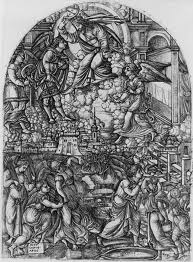 | Apocalyptic as Delusion: Jesus' Main Problem | | Apocalyptic world-views flourished during the period of Second Temple Judaism (300 BC - 300 CE). They represented a change from the classical views of prophecy represented in the earlier books of the Tanach, and they had a major impact on the formation of Christianity. Jesus' own self-image was greatly influenced by them. But they involved some delusional aspects which created problems for him and his disciples. Many of those problems persist into our contemporary age. |
| 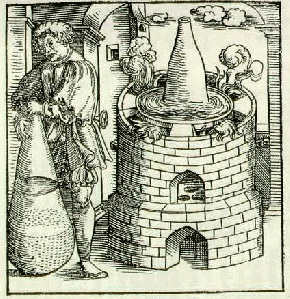 | God Does Not Require Obedience: He Abhors It | | Fundamental to the Judaeo-Christian, Abrahamic religions is the notion that God has given us commandments and that we must be obedient to them. This essay analyzes - in great detail - the central notion of "obedience" and concludes that after all, God does not require obedience. This is because the whole idea of "obeying God's command," to the extent it is valid, has nothing to do with "obedience" as it is commonly known in other human affairs. Although the title of this essay is deliberately grating, the essay itself is deeply religious because it seeks to articulate part of what it means to hold conversation with God. |
| 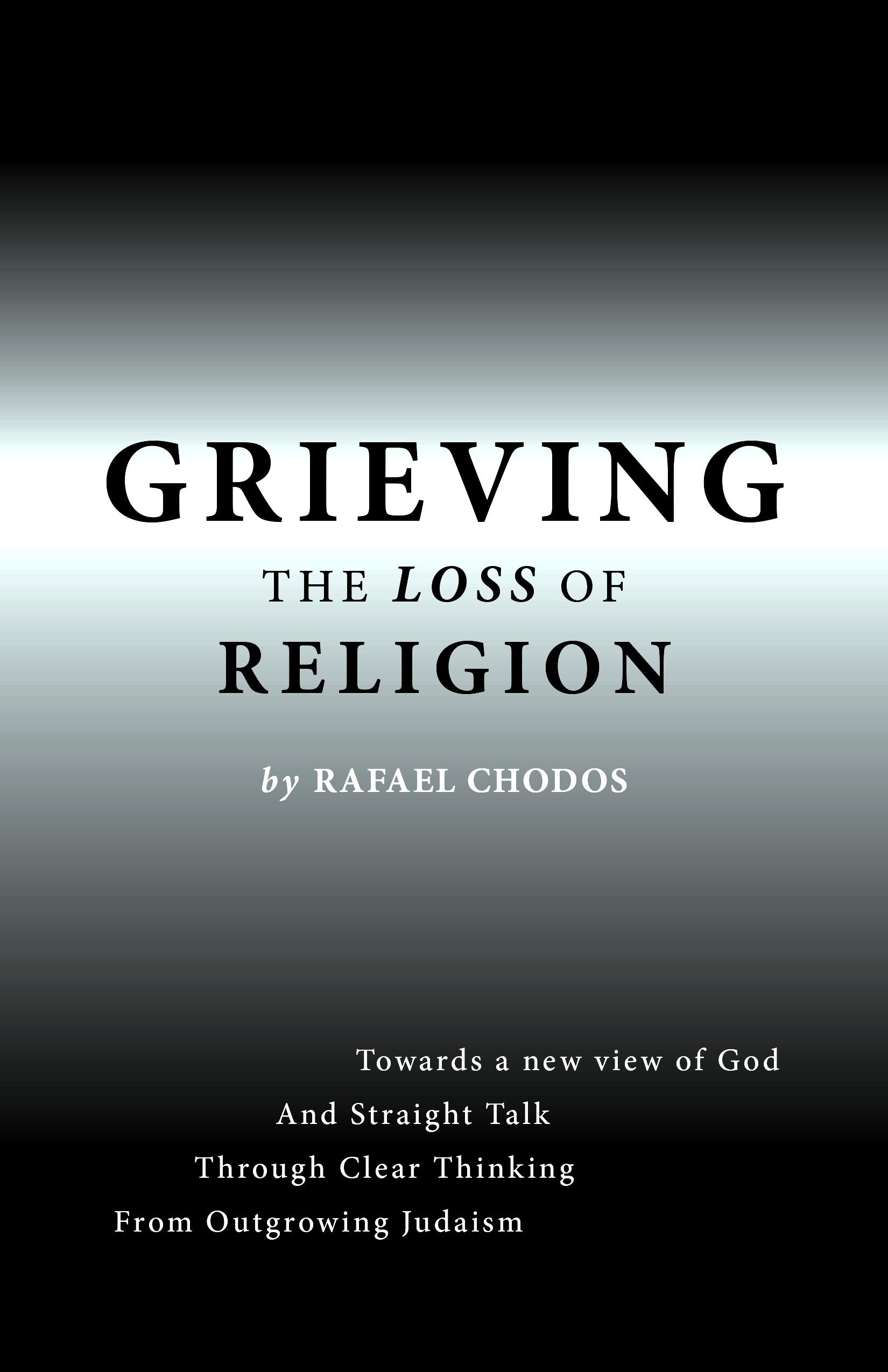 | Grieving the Loss of Religion | | This is a book about your relationship to God and to the religion in which you were brought up. And it is ultimately a book about your relationship to yourself. The book begins with a declaration titled, "Outgrowing my Judaism" and arrives at a new Truth about God: that God is not an external agency but is rather the Highest Aspect of the Self. |
| | | 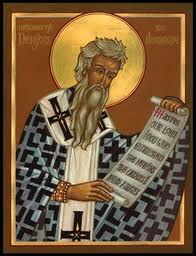 | Nestorius, Theodoret of Cyrus and their Followers, or How to Hide One's Personal Religion in a Time of Persecution | | Reflections on the intellectual environment in which the Christological controversies of the 4th and 5th Centuries were flourishing, with a suggestion of parallels to the environment behind the Iron Curtain in the 1980s. A learned and meticulous presentation of the author's innovative idea that certain authors made seemingly confusing pronouncements about Christological doctrine as a form of double-speak, or code, to conceal their real beliefs from the authorities. With appendices in Latin and Syriac.
BEST VIEWED IN LANDSCAPE MODE |
| 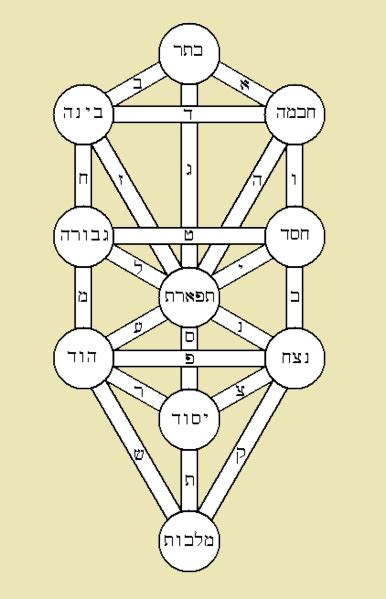 | Setting the Princess Free | | A kabbalistic homily, presenting one version of the complicated relationship between Kabbalah and the rabbinic tradition of the study of Tanach. |
| 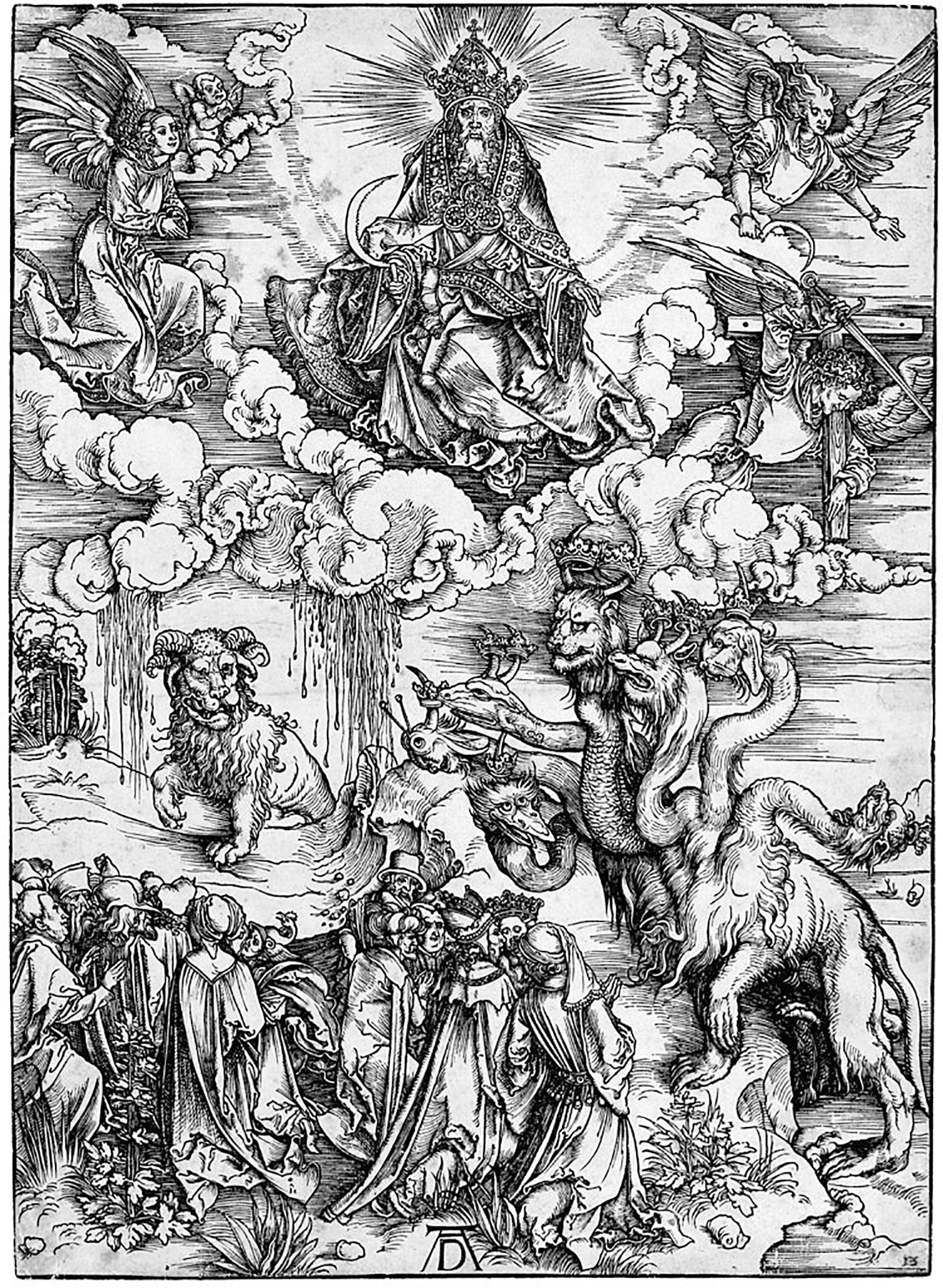 | The Inquest Into the Death of God | | Responding to the remark in THUS SPAKE ZARATHUSTRA (c. 1883), "God is dead!", this short piece is the first and only report of a secret Inquest into the Death of God, held in Boston in 1975.
|
| 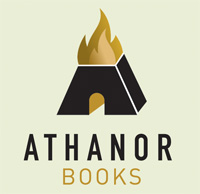 | The Wandering Aramean | | A new, hypermodern approach to Biblical scholarship: one which recognizes that the "meaning" is not entirely "in" the text, but exists also in the relationship between the text and the reader. A new way of reading the story of Abraham as the story of a life-changing experience in which we can participate ourselves, if we read it correctly. |
|
|
|
|
|
| |
| |
|
| |